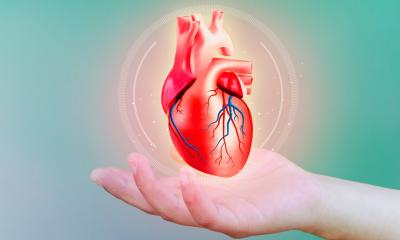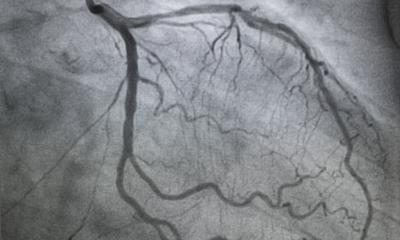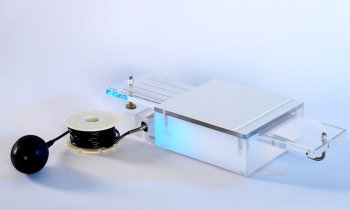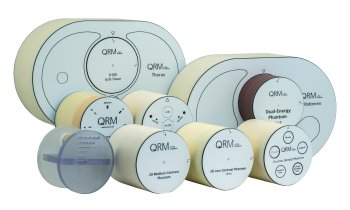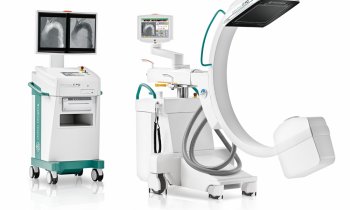ESC
Experts Discuss Non-Responders to CRT and AF Ablation
EPIC Alliance experts at the European Society of Cardiology (ESC) congress presented original research and real-world clinical evidence on non-responders to cardiac resynchronization therapy (CRT) and atrial fibrillation (AF) ablation.
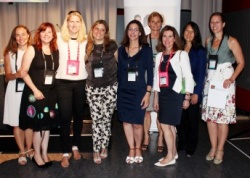
The all-women panel of physicians from the EPIC Alliance, an initiative promoting female electrophysiologists (EPs), spoke on how to support patients who do not respond to treatment at the symposium “Breaking the Non-Response Barrier: CRT and AF Ablation”.
Both CRT and AF ablation can be life-saving, but despite major technological breakthroughs, and a broader understanding of the pathophysiology, the success rates of both procedures plateau at about 70 percent.1,2 The reasons for this remains largely unknown, but ongoing studies such as BIOWOMEN are investigating which patients best respond to CRT therapy.
Dr. Mina Chung, Cleveland Clinic, US, kicked off the symposium with an overview of the latest findings in CRT trials. She was followed by Dr. Gemma Pelargonio, Catholic University of the Sacred Heart, Rome, Italy, who explored using CRT in heart failure patients with “narrow” QRS complexes. Dr. Claudia Herrera-Siklody, Ludwigsburg Clinic, Germany, discussed strategies to treat persistent AF, and Dr. Isabella Deisenhofer, German Heart Centre, Munich, ended the symposium by weighing the risks and benefits of AF ablation.
”Pushing success rates for CRT and AF ablation will require a greater understanding of the clinical barriers and novel technologies, and this symposium highlighted that significant issue,” commented Dr. Sabine Ernst, Royal Brompton and Harefield Hospital, London, UK, who co-chaired the session. Speaking about the EPIC Alliance she added: “The EPIC Alliance is a global network of women in EP supporting women to choose EP as a career option and to reach their full potential. One way we can do that is to feature them as speakers at prominent symposia such as the ESC Congress.”
References
1 Daubert C et al. European Heart Journal. July 2016.
2 Bottoni N et al. Europace. 2015, 17.
Source: BIOTRONIK
01.09.2016




